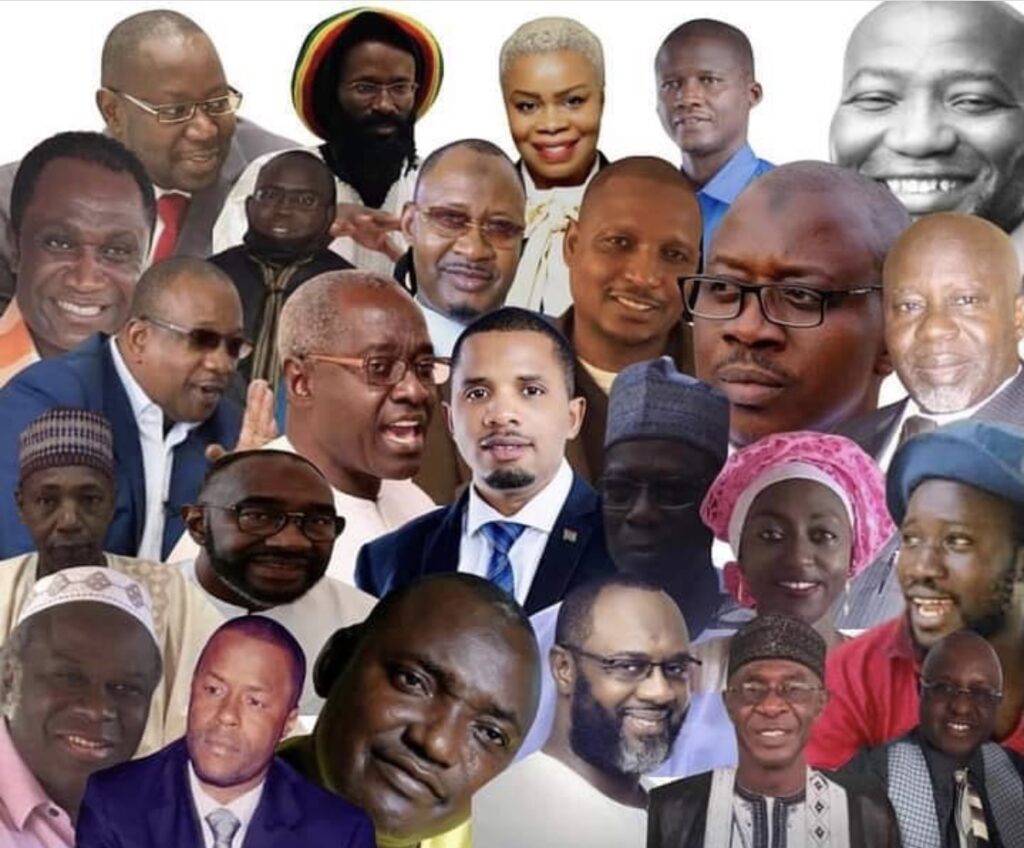
As the presidential election nears, Section 62 of the 1997 Constitution appears to be attracting unprecedented level of interest, the likes of which we’ve never seen in any previous election in the lifetime of the constitution.
This provision, which details the qualification and disqualification rules as regards candidates for presidential election appears to occupy an unusual mainstream position in political discourse among the electorate, more than even the candidates’ manifestos.
For such a dull subject, one wonders whether the high interest it arouses over and beyond other issues points to the underwhelming nature of what it is that the candidates have got to offer or, whether such is attributed to sinister issues which are so far, much less obvious to pinpoint than the aforementioned.
If the latter turns out to be the driver of such unusual public interest in Section 62, then such will be an indictment on Gambian democracy.
An argument to the effect that we should not have any restrictive rules against which to ascertain the suitability of presidential candidates would probably not stand up to any reasonable scrutiny.
So, for the avoidance of doubt, I do not approach this subject from this standpoint at all. On the flip side of the same coin, undue and overzealous reliance on any of the existing rules in order to bring about a particular outcome which is subversive to the purpose for which those rules exist is also one position which is equally as absurd.
Suffice it to say, there is a tendency for one to grant amnesty to, or even endorse bad actors making moves against certain individuals whose electoral success one finds unpalatable even if such moves against them may be undemocratic.
For anyone who is of this mindset, I would strongly invite them to take into consideration the weakening effects such may have on the guardrails of Gambian democracy.
To cut to the chase, word emerging from the grapevine to the effect that certain presidential aspirants may not be qualified to contest in the coming 4th December election isn’t really news to anyone who has been paying any attention to events.
The nature of these claims and the conclusions which often emerge from such discussions of course vary, depending on the partisan sympathies of those involved — with some so unhinged, one would be forgiven for writing them off entirely as moments of levity.
In reality, the discussions are not particularly concerning. The concerning part is, the increasing polarising nature of these as nominations near, heightening suspicions around the rumours of simmering legal challenges by certain opponents against the eligibility of other aspirants.
Given the highly charged temperature of the political atmosphere, I doubt it needs heating up any more than it already is and hence why I seriously question the wisdom of any such legal challenge against any aspirant.
As a nonpartisan actor, not affiliated to any aspirant whatsoever, I have no partisan axe to grind nor any partisan opinion or agenda to push.
If there is any bias on my part at all, it will be my civil libertarian disposition against undue restraint on political rights and personal autonomy in general.
We ought to be loosening the valves of sociopolitical tension, not tightening them any further.
On the up-side however, having had the benefit of the Independent Electoral Commission’s approach as regards the subject matter as was aired on Kerr Fatou last week, their responsible tact is very heartening indeed.
Now, whether the political players would themselves be as responsible or not, remains an open question.
However, what’s clear is, any pre election political litigation will highly likely emit heat and generate a toxicity which we can certainly do without.
By Pa Louis Sambou










Recent Comments